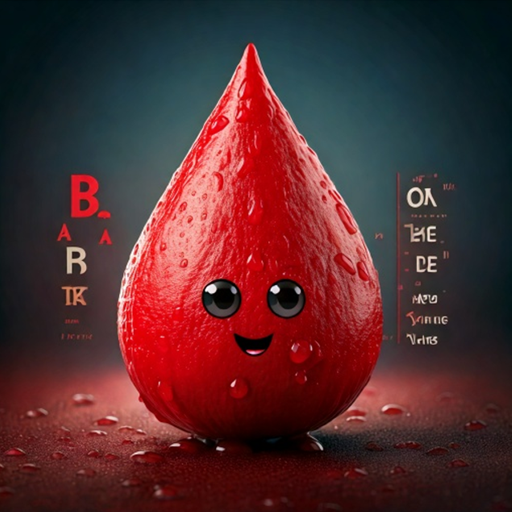Your blood type is determined by special markers called antigens, which decide who can safely receive your blood. The ABO system includes four main types: A, B, AB, and O — with O being the universal donor and AB the universal receiver.
Adding another layer, the Rh factor determines whether your blood is positive (+) or negative (–). Most people are Rh-positive, but only about 15% are Rh-negative, making it rarer.
During pregnancy, an Rh-negative mother carrying an Rh-positive baby can face complications, but doctors easily prevent this with an Rh immunoglobulin injection. And for a true rarity, there’s the Rh-null, or “golden blood,” found in only a handful of people worldwide because it completely lacks Rh antigens.
Your blood type isn’t just a medical detail — it’s a fascinating part of what makes you unique!




